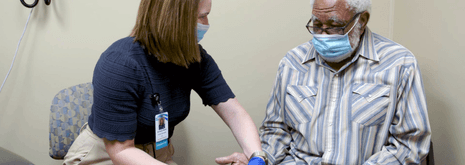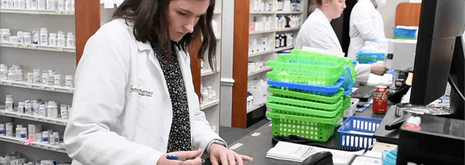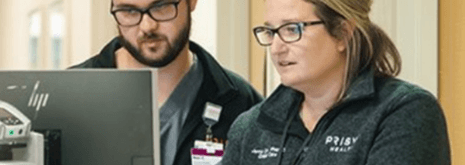
Postgraduate Training
The University of South Carolina College of Pharmacy has a variety of postgraduate
residency and fellowship programs for those seeking advanced pharmacy training and
education. Explore our available opportunities below.
Jump to:
Residency and Fellowship Programs

Academia
Prepare yourself for a career in pharmacy education with skills in clinical practice,
teaching, service and scholarship. Our Academic Fellowship is a 12-month program that
aims to develop highly proficient clinical academicians who are qualified to seek
full-time employment at a college or school of pharmacy.
| Program |
No. of Positions |
Site |
Location |
| Academic Fellowship |
1 |
University of South Carolina
College of Pharmacy
|
Columbia, SC |
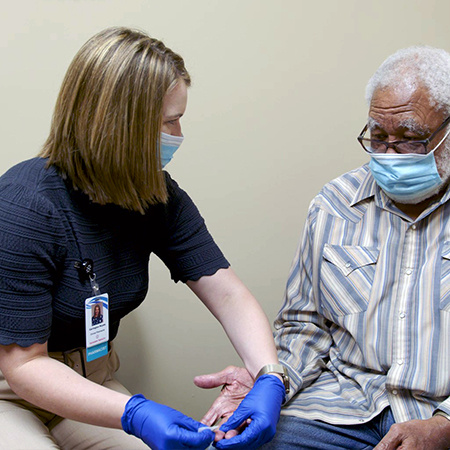
Ambulatory Care
Equip yourself with the knowledge, skills and confidence to manage an ambulatory care
practice. We've partnered with major health systems across South Carolina to offer
PGY1 residency programs with an ambulatory care focus.
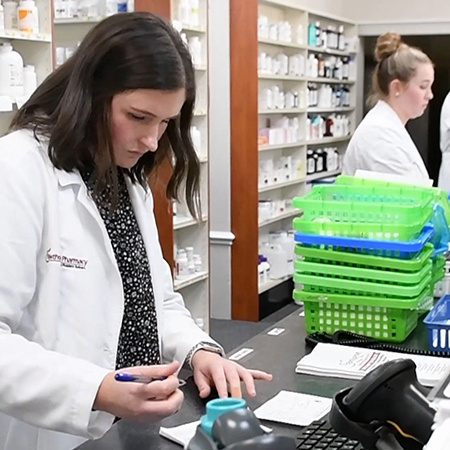
Community Pharmacy
Develop and implement innovative patient care programs in a community setting. Through
the Kennedy Pharmacy Innovation Center at USC, we partner with a variety of pharmacy
practice sites to offer accredited PGY1 community-based residencies and PGY1/2 community-based
administration and leadership-focused residencies.
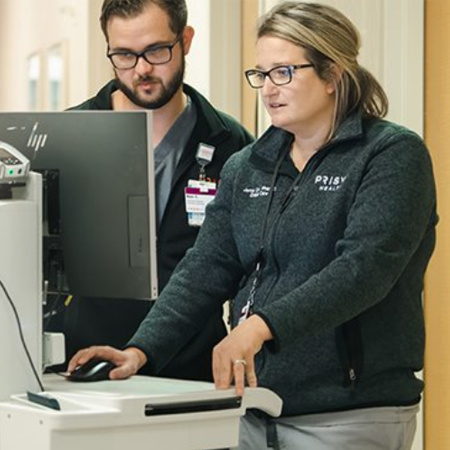
Hospital Pharmacy
Administered jointly with Prisma Health Richland Hospital, we have operated an ASHP-accredited
residency program since 1972. PGY1 residencies span acute care and outpatient care
and PGY2 specialties include cardiology, critical care, infectious diseases, internal
medicine and pediatrics. We also offer a PGY1/2 health system administration and leadership
program.
Contact Us
P. Brandon Bookstaver, Director, Residency & Fellowship Training



